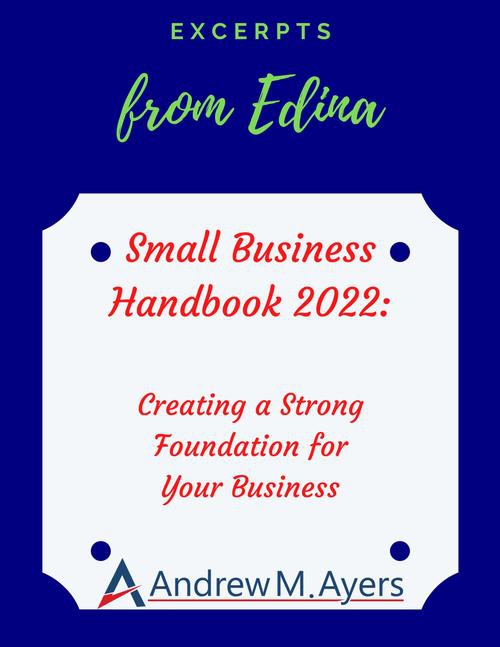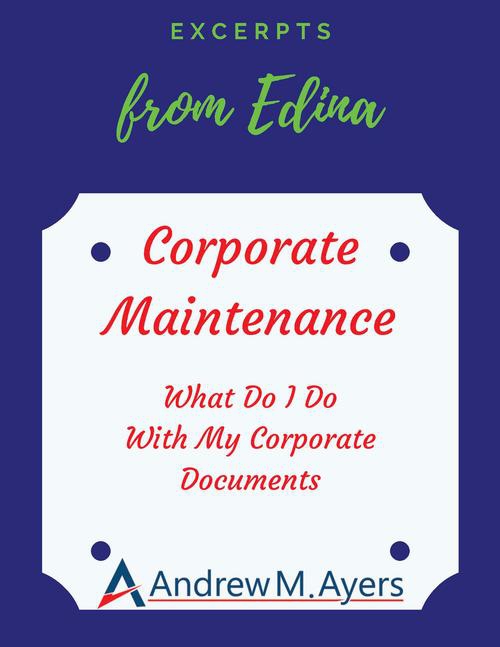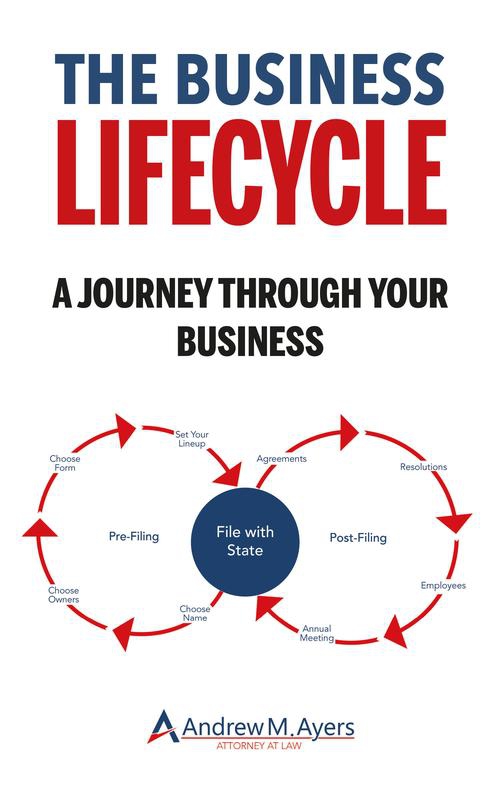Business contracts can come in different forms, from short contracts that take a page or two, to more complex business dealings that can grow into lengthy and complicated agreements. In most cases, you rely on your lawyer to go through these provisions and make sure you understand what you're signing. However, it's important to have a good understanding of some of the important clauses in these contracts.
One important clause to be aware of is the automatic renewal clause. This clause means that a contract can be automatically renewed under certain conditions, or if you don't take action to stop the renewal. Another important clause is the force measure clause, which protects a party from being sued for not fulfilling their obligations under the contract in the case of unforeseen events like a global pandemic.
Another clause to look out for is the attorney's fees provision, which states that the winning party in a breach of contract lawsuit will be awarded their attorney's fees. Without this provision, you may be on the hook for paying your own legal fees. On the other hand, if you're just starting a business, you may be asked to sign a personal guarantee, which states that if the business is unable to make payments, you can be held personally responsible for the debt.
Finally, today we're going to talk about the indemnification clause, which is a common clause found in different types of contracts such as construction contracts, employment contracts, service agreements, real estate, intellectual property, and many other areas of law. There are three main types of indemnification clauses:
-
General Indemnification Clause: This is the broadest type of indemnification clause, which gives one party broad protection against any losses or damages that may occur. This type of clause should be carefully read and understood, as it could put you on the hook for all kinds of different damages, beyond what you initially agreed to.
-
Specific Indemnification Clause: Unlike the general indemnification clause, this clause is specific to a certain occurrence. For example, in a building contract, if the architectural plans are not approved by the department of buildings, this clause may state that you are responsible for paying for new architectural plans or for a new architect.
-
Third-Party Indemnification Clause: This type of clause is the toughest to deal with because it puts you on the hook for damages caused by a third party, such as a subcontractor or contractor. This type of clause is not preferred by many clients because they don't have control over the third party, and if something goes wrong, they could be held responsible for damages.
Understanding these important clauses in your business contracts is critical to protecting your interests and mitigating any potential risks. Make sure to take the time to review these clauses, understand their implications, and speak to your attorney if you have any questions or concerns.
Do I Need a Small Business Attorney?
If you are getting your business started or are already up and running and have some questions about indemnification clauses or other provisions in your contracts, it's important that you talk to a business attorney. Let's schedule a Legal Strategy Session online or by calling my Edina, Minnesota office at (612) 294-6982 or my New York City office at (646) 847-3560. My office will be happy to find a convenient time for us to have a phone call to review the best options and next steps for you and your business.





